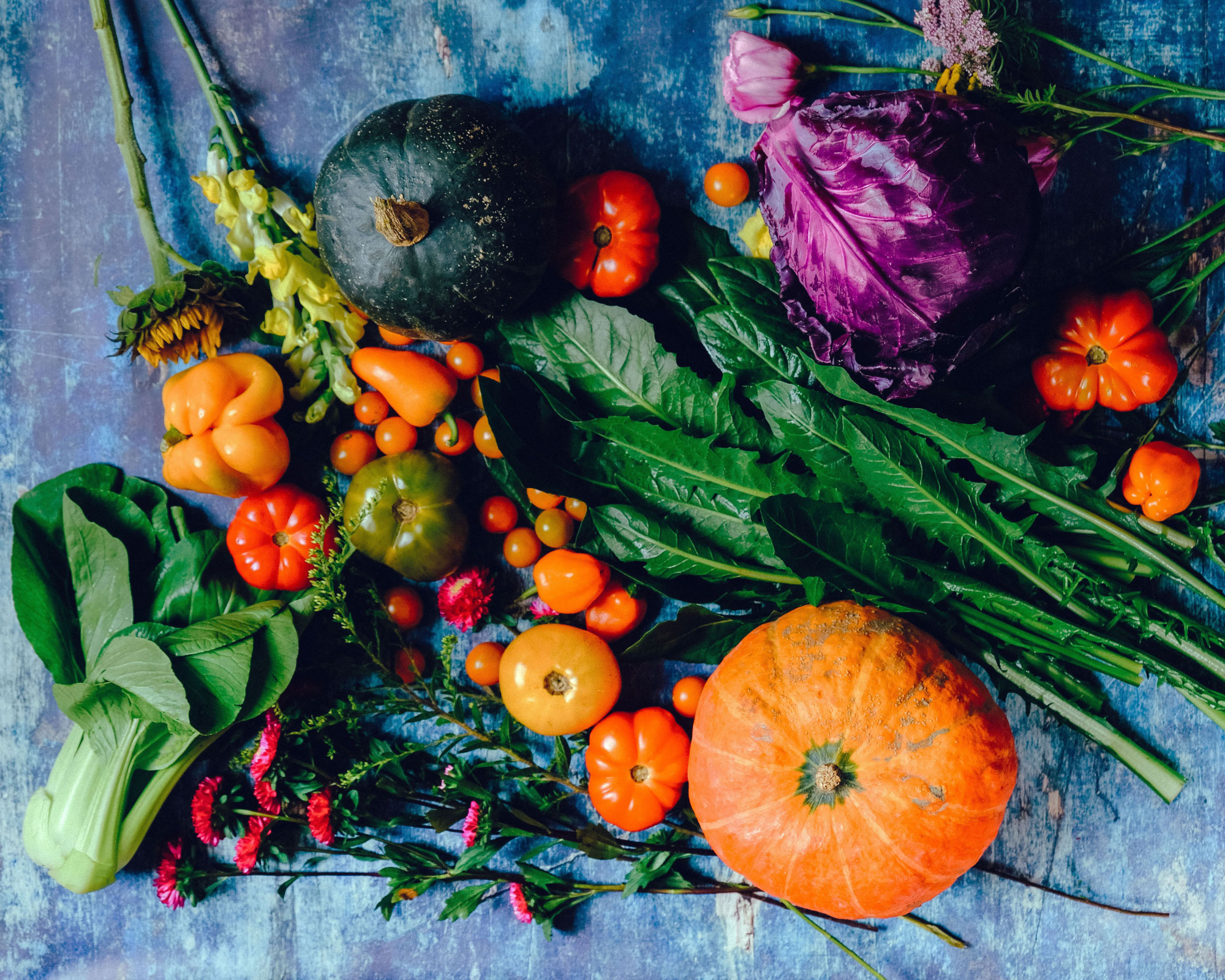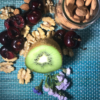 Reading Time: 3 minutes
Reading Time: 3 minutesBy Faye Hall
Part 1, in a 3 part series.
Your gut microbiome is the collection of microbes that inhabit your digestive tract.
The diversity of those microbes can be defined as the number abundance and distribution of distinct types of organisms. Increased diversity is correlated with positive health outcomes.
Right from the beginning of life as a baby develops, the gut microbiome begins to diversify. The greater the diversity the better a child’s health is likely to be. Bifidobacteria is one of the first types of bacteria to develop in the infant’s intestine, this allows babies to digest, absorb and assimilate breast milk and all its healthy components, leading to the baby’s growth.
The gut microbiome is not just involved in the digestion and assimilation of nutrition that leads to good health, it also plays a role in approximately 70% of our immune system activity. It communicates with immune cells to manage the body’s response to infection, more recent research also suggests that our gut microbiome is also involved in the activity of our central nervous system and brain function.
The diversity of a person’s microbiome depends on their environment, especially the variety of food microorganisms they eat. Therefore an easy way to increase diversity is to vary food intake by including a wide range of plant-based foods.
3 Reasons to Eat More (variety)
-
Low diversity has been linked to several human diseases including obesity.
-
The presence of certain healthy bacteria helps us digest fiber producing short-chain fatty acids and these short-chain fatty acids are essential to gut health and help us maintain a healthy weight.
-
Alterations in the microbiome may influence a person’s ability to maintain weight loss after dieting.
So if you’re looking to optimise your health and weight, a really good first-step is to take a look at the variety in your diet. Perhaps you’re the type of person that buys the same items every week, or cooks the same meals. If so, you can simply start to be conscious of that, and make a commitment to mixing things up, and let go of your usual choices. Next time you go shopping you could fill your basket with veggies you’ve never tried before, or haven’t had in a long while.
Commit to broadening your horizons and eat more variety in your diet!
You can analyse your own dietary diversity by counting how many different natural ingredients you eat in one day, that’s everything, including dressings, spices, flavour and drinks as well as main food groups. Take a moment and count all the different types of ingredients you consumed yesterday, if it is less than 30 see if you can double it over the next week focusing on more variety (not more quantity) of food!
Enjoy this series of short blogs focusing on how to take care of you microbiome for maximise health and weight loss benefits – Next Up Prebiotics Probiotics and Fermented Foods.
References:
-
Turnbaugh, P.J., Hamady, M., Yatsunenko, T., Cantarel, B.L., Duncan, A., Ley, R.E., Sogin, M.L., Jones, W.J., Roe, B.A., Affourtit, J.P. and Egholm, M., 2009. A core gut microbiome in obese and lean twins. nature, 457(7228), p.480
-
Dugas, L. R., Lie, L., Plange-Rhule, J., Bedu-Addo, K., Bovet, P., Lambert, E. V., … Layden, B. T. 2018. Gut microbiota, short chain fatty acids, and obesity across the epidemiologic transition: the METS-Microbiome study protocol. BMC public health, 18(1), 978.
-
Schnorr, S. L., Candela, M., Rampelli, S., Centanni, M., Consolandi, C., Basaglia, G., … Crittenden, A. N. 2014. Gut microbiome of the Hadza hunter-gatherers. Nature communications, 5, 3654. doi:10.1038/ncomms4654
-
Rodríguez, J. M., Murphy, K., Stanton, C., Ross, R. P., Kober, O. I., Juge, N., … Collado, M. C. 2015. The composition of the gut microbiota throughout life, with an emphasis on early life. Microbial ecology in health and disease, 26, 26050. doi:10.3402/mehd.v26.26050
-
Heiman, M. L., & Greenway, F. L. 2016. A healthy gastrointestinal microbiome is dependent on dietary diversity. Molecular metabolism, 5(5), 317–320. doi:10.1016/j.molmet.2016.02.005
-
Thaiss, C.A., Itav, S., Rothschild, D., Meijer, M.T., Levy, M., Moresi, C., Dohnalová, L., Braverman, S., Rozin, S., Malitsky, S. and Dori-Bachash, M., 2016. Persistent microbiome alterations modulate the rate of post-dieting weight regain. Nature, 540(7634), p.544.







